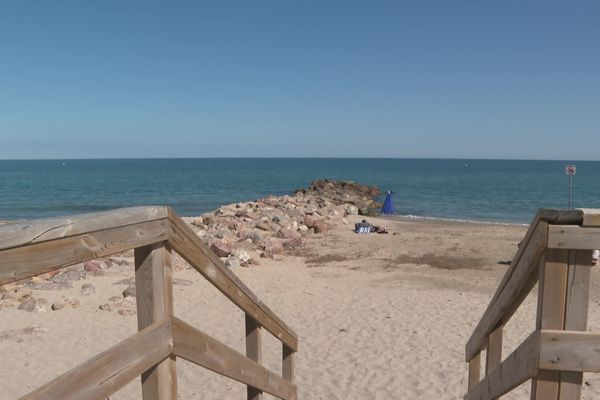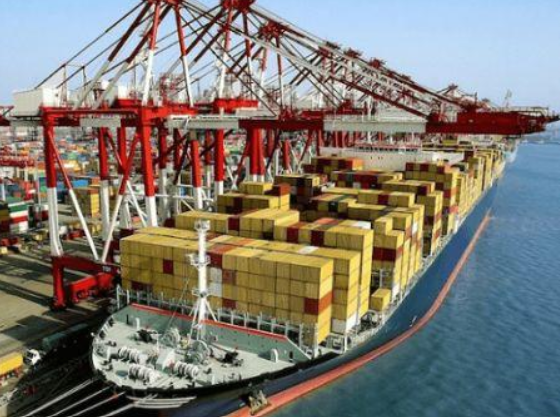Kick-off of a program on the future of the coastline in the face of global warming. The State and the agglomeration of Sète are working hand in hand to identify the consequences and the solutions to propose. A first on the Mediterranean coast. The long-term objective begins with public consultation.
Cameras observe the Mediterranean and collect data. They will make it possible to predict, a week in advance, the arrival of a storm.
The chosen location is strategic: Frontignan Plage and its seaside residences. However, the residents do not seem worried.
“Personally, I don’t fear the rising waters at all. Maybe there will be a risk in 20 or 30 years, but I will no longer be here,” declares this local owner in Frontignan Plage.
At the same time, a public meeting begins in Sète. The first in a series on the consequences of global warming.
“In the long term, we know that, unfortunately, we will have to abandon the lido, unless we create a city on the water. On the seafront, I’m not sure we’ll succeed,” explains Yvon Iziquel, head of adaptation to climate change – Agglomération de Sète.
Public consultation
In the meantime, we must reflect and question the changes brought about by rising sea levels.
This is the first objective of this program: to ask residents how they see things during a public meeting.
“We are talking about rising water levels. Sète is a city with its feet in the water, we are a region with its feet in the water and automatically this leads us to think,” says Robert Rumeau, a fisherman from Sète.
“There are also a lot of people who come to ask for information, to have transparency on what is happening,” notes Auriane Aprile, pastry chef.
“We must not scare people, we must simply inform them. These will be very important changes in their lifestyle habits,” thinks Dominique Saut, retiree.
Who will finance?
After taking the temperature of the territories concerned, it will be necessary to clearly identify the threats. Frontignan Plage is at the top of the list. But local elected officials face another problem: who will finance it?
“The legislator, within the framework of the 2025 Finance Law, is starting to think about certain directions. We advocate national solidarity so that we can have the means to act tomorrow,” says Loïc Linares, vice-president of regional planning – Sète conurbation.
The entire territory, the lido, the ponds, the inhabitants and the economy will be impacted by what is now inevitable. The first measure accepted today is to no longer build anything on the seafront.
Two next meetings will take place on June 11 in Mèze and June 13 in Frontignan.




